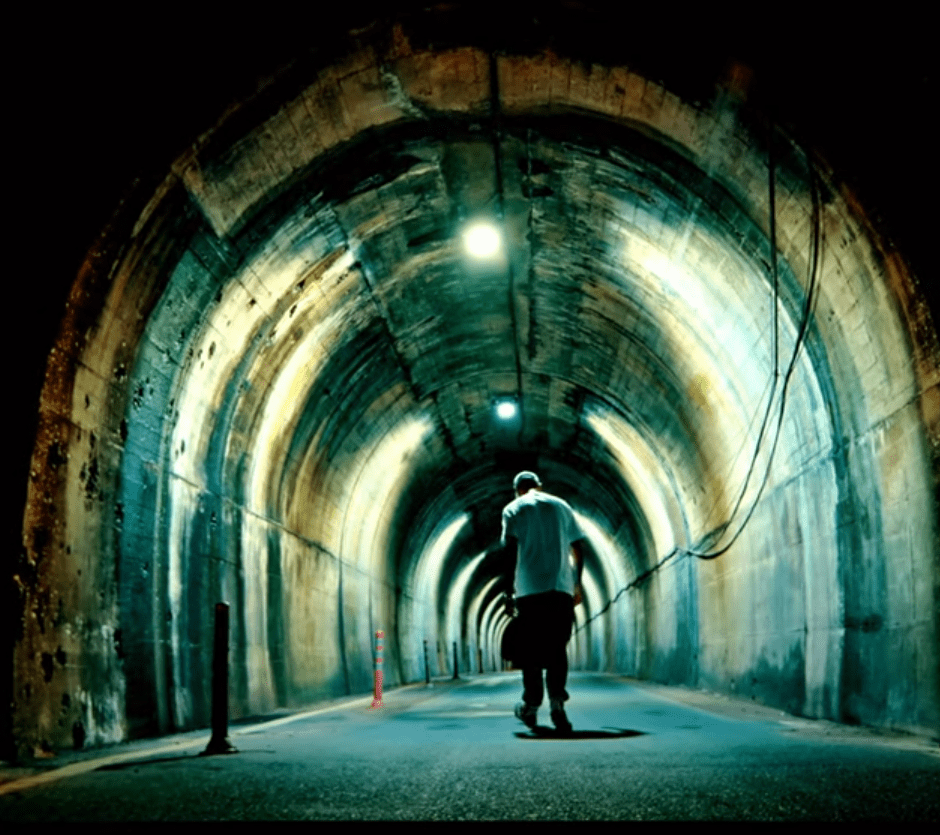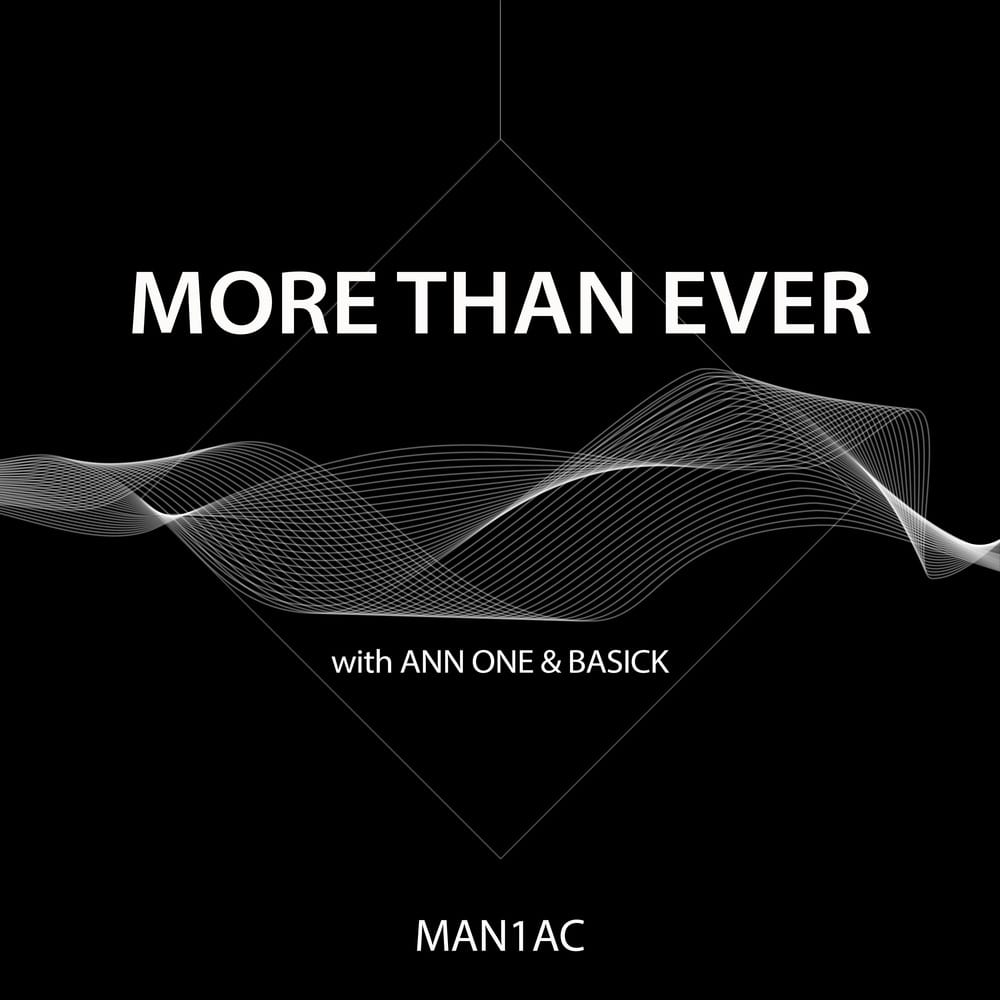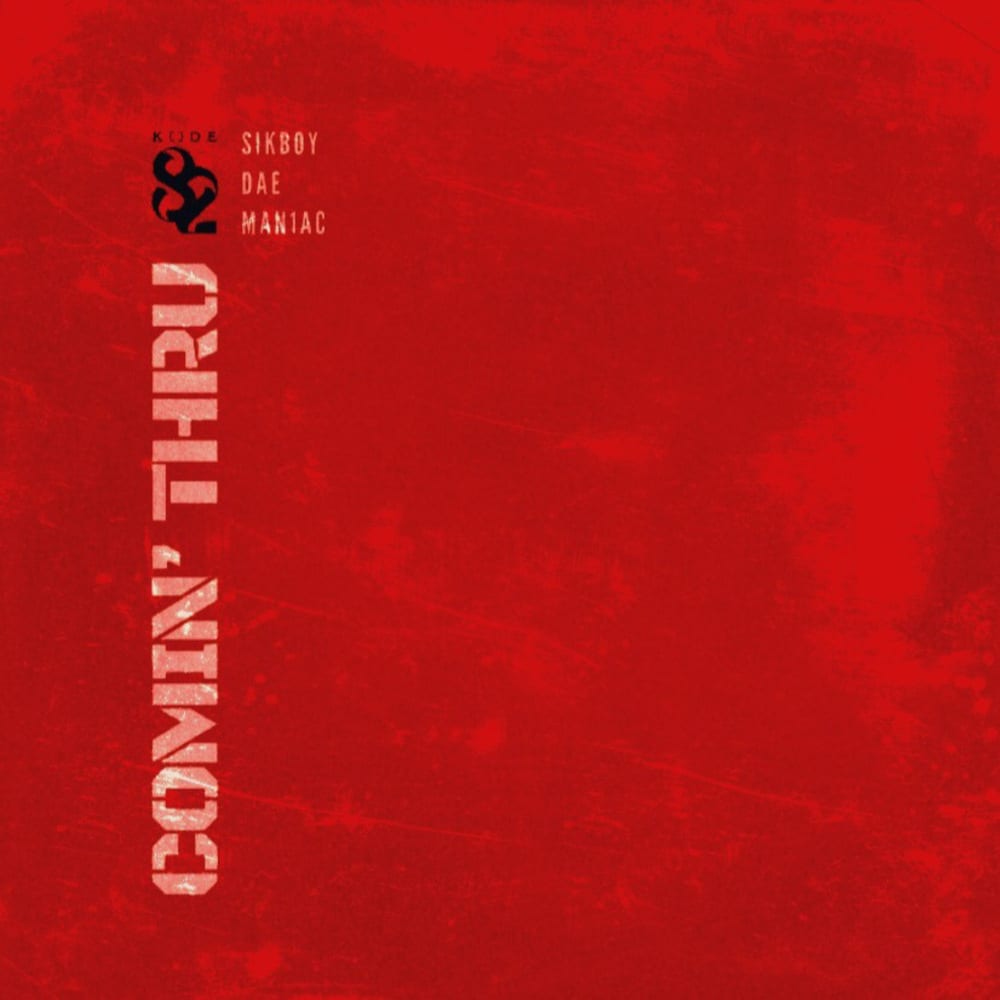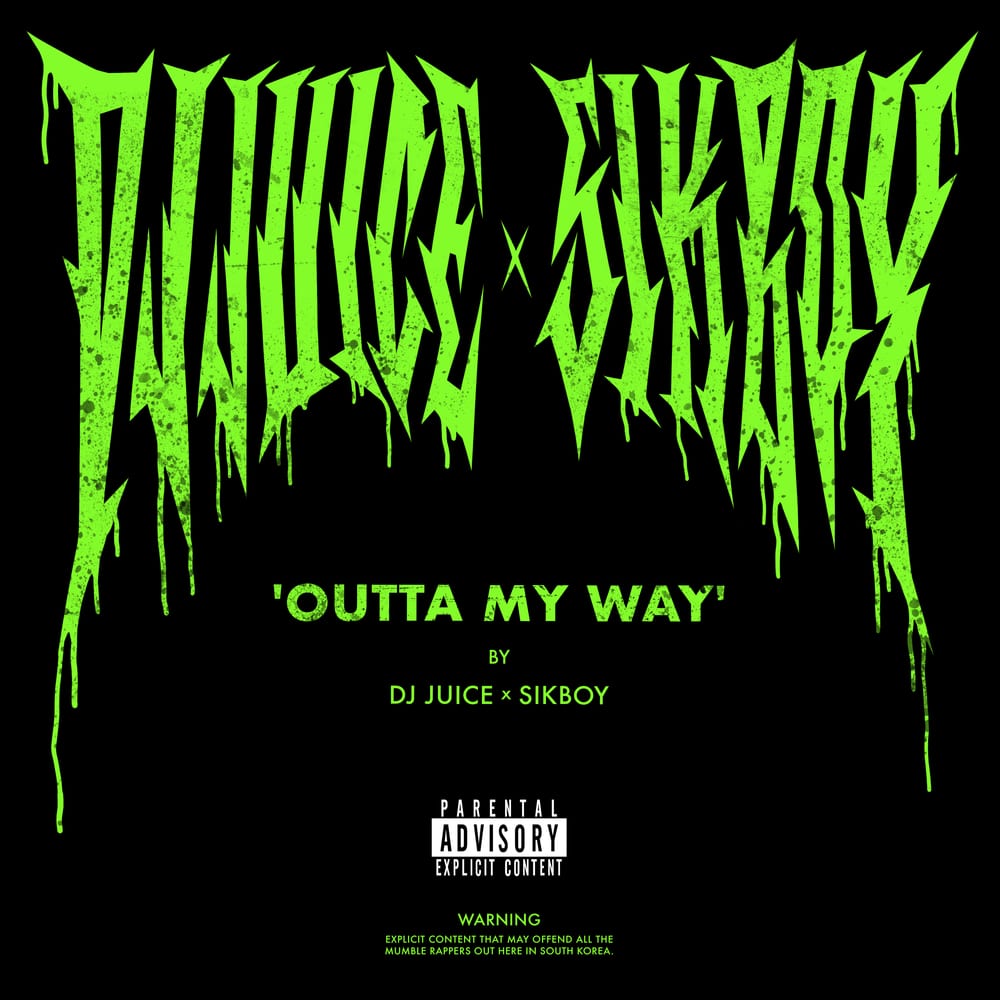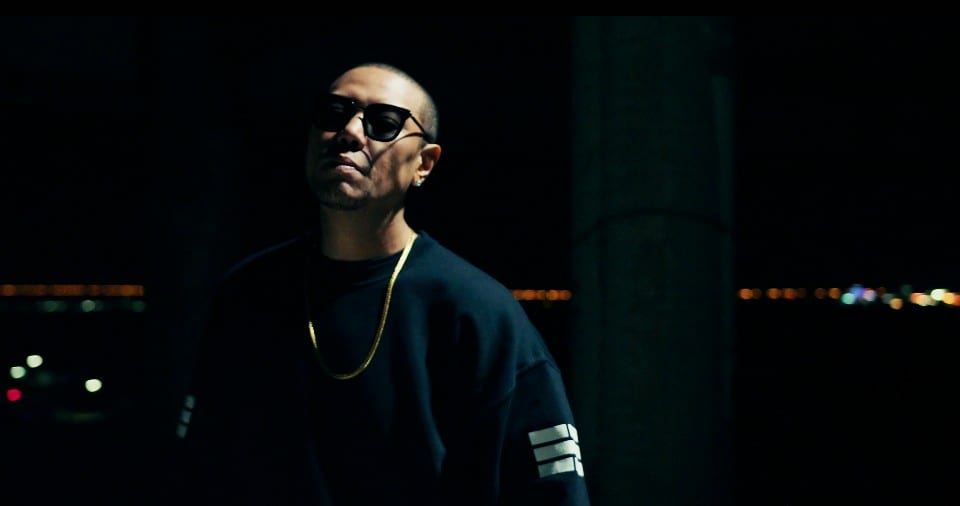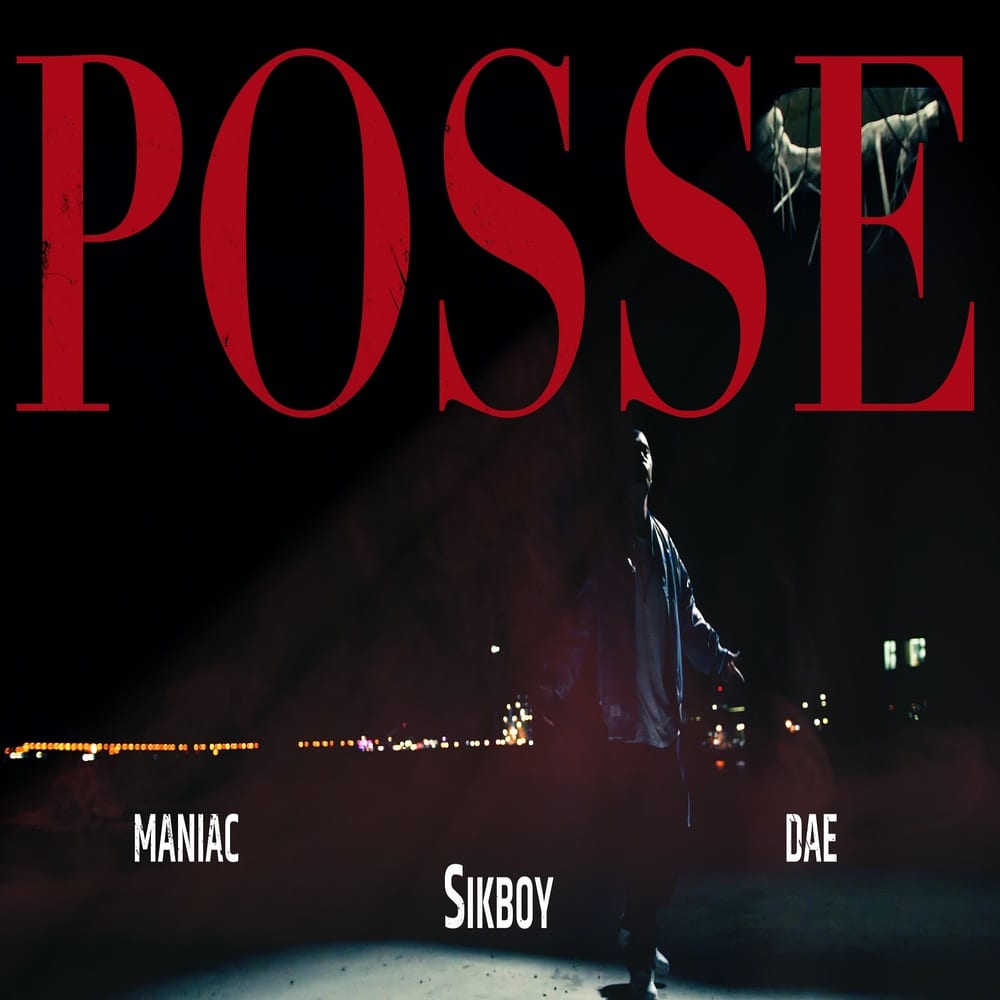All quarantine ain’t created equal. For those trapped in an abusive situation, this self-isolation is hell. What’s more, so few people are actually talking about it that when someone mentions it everyone takes a collective gasp. That almost goes double for women living in South Korea. Keeping quiet because that’s what’s expected. Any attempt to speak up can be met with a societal fist to the face more biting than that of their tormentor. “More than ever,” Man1ac’s collaboration with Ann One and Basick, is both timely and shocking because of just how rare it is.
“Outta My Way,” demand DJ Juice and Sikboy in joint single
BrandNew Music‘s DJ Juice and KODE82‘s Sikboy dropped their joint single, “Outta My Way,” yesterday. A lyric video has been released as well.
“Let It Out on the Paper”: An In-Depth Interview with MAN1AC
Michael Horton, known more commonly as MAN1AC, is many things. What he’s not is arrogant. He gave HiphopKR the privilege of an interview. In our in-depth conversation he opened himself up–something he rarely does–and gave us an honest look at the man he really is.
“POSSE” KODE82 Brings Classic Bars with the Remix
I’m going to keep this short and sweet: The KODE82 remix to track “POSSE” goes. so. HARD! It’s like the first time you listen to Schoolboy Q’s “Groovy Tony” or Dr. Dre’s “Talk About It.” When I get in the mood to hear just straight bars and I watch a Loaded Lux or Iron Solomon battle.
Sikboy drops “POSSE (Remix) (Feat. DAE, MAN1AC)” single & MV
Today, Sikboy has released the remix of his track “POSSE” featuring his KODE82 Crew mates DAE and MAN1AC. A music video has been released too.
